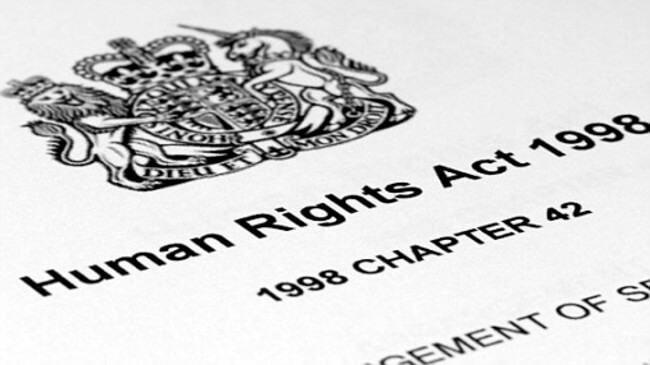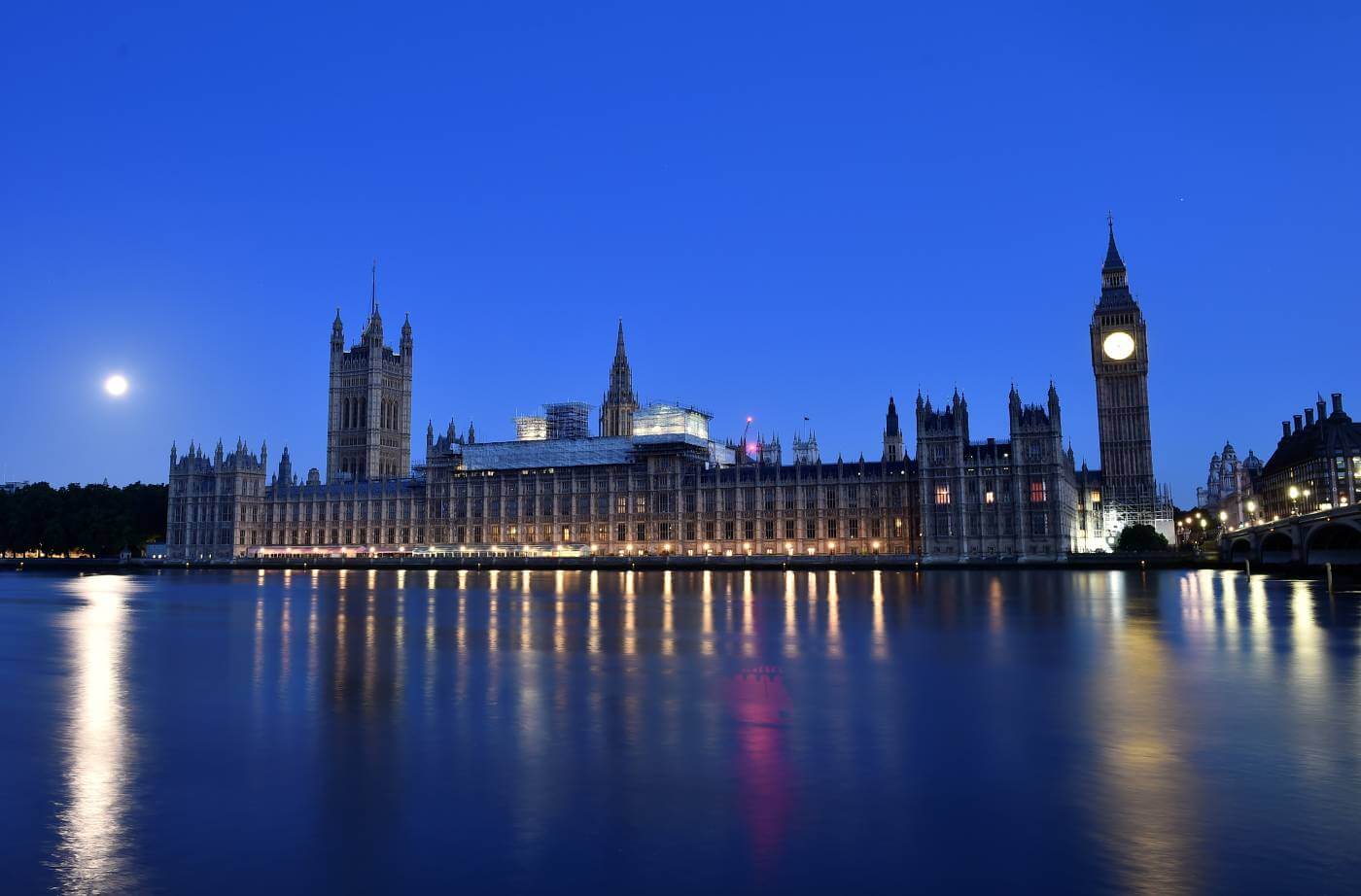Placing human rights at the forefront of Brexit policy
As a Conservative party majority was returned in the UK general election we would like to encourage Prime Minister Boris Johnson to pro actively ensure that human rights are at the forefront of the forthcoming revised Brexit deal.
The International Observatory of Human Rights is a nonpartisan organisation. As part of civil society in the Uk we seek to work productively with the government to place human rights at the heart of government policy both at home and abroad. Above all, we believe that UK citizens should have their human rights protected and that the rights that are currently in place be protected and enshrined for the future in any deal. Politics should not determine our rights. As such we have made a list of requests that we hope the government commits to, ensuring that the UK exit from the European Union doesn’t result in a loss of our rights.
-
1. Protect the Human Rights Act 1998
The Human Rights Act enshrines the laws of the European Convention on Human Rights (ECHR) into UK domestic law. Despite the UK expressing its desire to continue being a party to the ECHR, some political parties have made pledges that show a lesser commitment to the Human Rights Act.

-
2. Ensure worker’s rights are protected
Many protections around worker’s rights are derived from UK law, including within the Fundamental Charter of Human Rights (which would no longer have effect in UK law upon leaving). All parties should ensure that current protections for worker’s rights are upheld or enhanced.
-
3. Secure the rights of EU citizens in the UK – and vice versa
Both the UK and the EU have expressed the desire that all EU citizens currently living in the UK should not lose any rights as a result of Brexit, and that the same is true of UK citizens in the EU. This relates to issues such as access to health care, employment and social security.
However, progress on this issue has been slow and citizens rights are still in question. Any deal should ensure that such citizens can continue their lives with the knowledge that their rights will not be threatened by Britain leaving the European Union.
-
4. Ensure that future trade deals don’t call into question our commitment to upholding international human rights
Upon leaving the European Union, the UK will be seeking to make new trade deals with countries all around the world. The UK must ensure that we do not compromise on our human rights values to make reaching these deals easier. Issues such as modern slavery, the arms trade and foreign aid should all be considered with human rights at the forefront of any new trade deals.
-
5. Protect refugee rights and family reunification
Immigration has been a contentious issue throughout the Brexit debate. However, our commitment to providing sanctuary to those most in need should not end because it is not in line with popular opinion. Britain should aim to remain a party to the Common European Asylum System (CEAS) and reach an agreement on family reunification – which was worryingly omitted from the most recent withdrawal agreement.

-
6. The right to health and access to medicine should not be put at risk
Medical organisations across the UK have warned of the potential shortfall in medical supplies as a result of Brexit, and have attempted to stockpile accordingly where possible. However, many short-life medicines rely on ‘just-in-time’ supply lines, which makes stockpiling impossible. As well as this, three-quarters of our medicines come into the UK via the short Channel Straits, which the government predicts faces reduced flow rates of 40% with significant delays lasting up to six months in a no deal Brexit.
There are also legitimate concerns that EU citizens in the UK, and EU citizens living in EU countries might face reduced access to health care.
All parties must guarantee that any Brexit deal doesn’t put the flow of medicine, or access to health care at risk. At a bare minimum, there should be no change to the current enjoyment of this right.
-
7. Immigration
In voting for the UK to leave the European Union, it is implied that the majority of British people also wish for an end to freedom of movement. However, the UK should not become a closed and isolated place as a result of Brexit. Immigration and diversity strengthens communities and allows for many vital services – such as the NHS – to function as it should. Any future immigration system should be based on fair, evidence based criteria; not prejudicial, arbitrary limits that disregards the rights of the individual.
-
8. Become a global human rights leader
Outside of the European Union we should seek for alternative ways to increase our standing within the international community and become a true global leader in human rights. We hope all parties will commit to increasing the UK’s participation and cooperation with UN Human Rights Council and commit 1% of its Official Development Assistance budget, 0.007% of GDP, to human rights (compared to the 2% spent on defence).

-
9. Translate vital EU mechanisms and legislation into domestic law
We are leaving the European Union, but some schemes and laws undeniably boost the rights and protection of our citizens; The EU Fundamental Charter for Human Rights explicitly protects data in a way that no domestic law currently does; Access to the Schengen Information System II database, which gives the UK fast access to intelligence and data on security risks will be lost and we would lose access to funds which boost industries from health innovation to renewable energy.
Political parties should ensure that areas in which EU funding and schemes have boosted human rights, adequate replacements are implemented to minimise the loss of these benefits.

